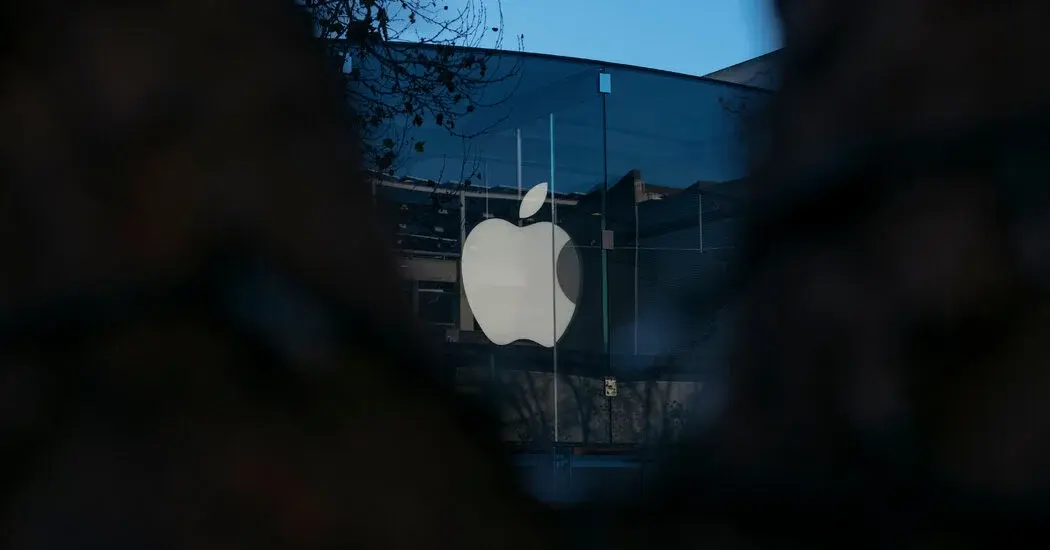- cross-posted to:
- hackernews@lemmy.smeargle.fans
- cross-posted to:
- hackernews@lemmy.smeargle.fans
The department joined 16 states and the District of Columbia to file a significant challenge to the reach and influence of Apple, arguing in an 88-page lawsuit that the company had violated antitrust laws with practices that were intended to keep customers reliant on their iPhones and less likely to switch to a competing device. The tech giant prevented other companies from offering applications that compete with Apple products like its digital wallet, which could diminish the value of the iPhone, and hurts consumers and smaller companies that compete with it, the government said.



Having owned and used both iphones and android phones, l definitely see all of the issues presented in the lawsuit as valid. I just don’t understand how these charges are being brought up under antitrust laws.
It’s not exactly like the microsoft antitrust suit from 2000ish, iOS is a proprietary operating system on a proprietary piece of hardware. Nintendo isn’t being hit with suits for not allowing me to play playstation games on my switch.
If the government really sees an issue with this they should focus on creating a set of interoperability mandates much like the EU did.
And I unironically think it would be a much better world if they were. Why did we let corporations decide that certain computers are “proprietary” and users shouldn’t be able to own and control the hardware they paid for?
Windows is also a proprietary OS. What’s uniquely “proprietary” about Apple’s hardware that distinguishes it from a Dell or Lenovo PC?
Fully agree that we should be allowed to mod any of our technology to put on anything we want. My point was that Apple is being singled out for it when almost every company in the modern era does similar things.
Windows is a proprietary OS, but it is designed to be licensed and run on any compatible hardware irregardless of who the hardware manufacturer is. You can even install it on an Apple computer. Apple’s OSes are only designed to run on Apple hardware. And then is given away with that hardware. They do not license it out for anyone to run on just any hardware.
Well, for starters, they design their own A_X_ and M_X_ silicon. When they were using Intel x86_64 silicon, the T_X_ security coprocessors were also custom / proprietary.
Consoles are all using custom AMD APUs that are still x86_64 based, so they have more in common with a Dell/Lenovo PC than anything Apple makes. Apple’s entire hardware lineup is about as proprietary as it gets.
x86_64 is a proprietary, licensed ISA. Both Intel and AMD’s microarchitectures implementing it are proprietary. Apple didn’t design their own ISA; they’re using ARM (which is also proprietary).
Consoles may be using x86_64, but they are not PCs. Very similar to PCs, but then so are Apple’s ARM machines. Both Apple’s computers and PCs use standard components and interfaces like USB, PCIe, and UEFI.
But all of this is beside the point. Even if Apple did build everything from scratch, why should that give them the right to lock down their computers? My point here isn’t about what is technically legal under current legislation, but what should be legal based on our values as a society.
Jason Snell made a good overview of what the suit focuses on. I think it makes the case easier to understand https://sixcolors.com/post/2024/03/u-s-versus-apple-a-first-reaction/
That was an excellent read! Thanks for that!
I don’t really see how it isn’t antitrust stuff. Apple has used their market power to restrict competition at every possible opportunity.